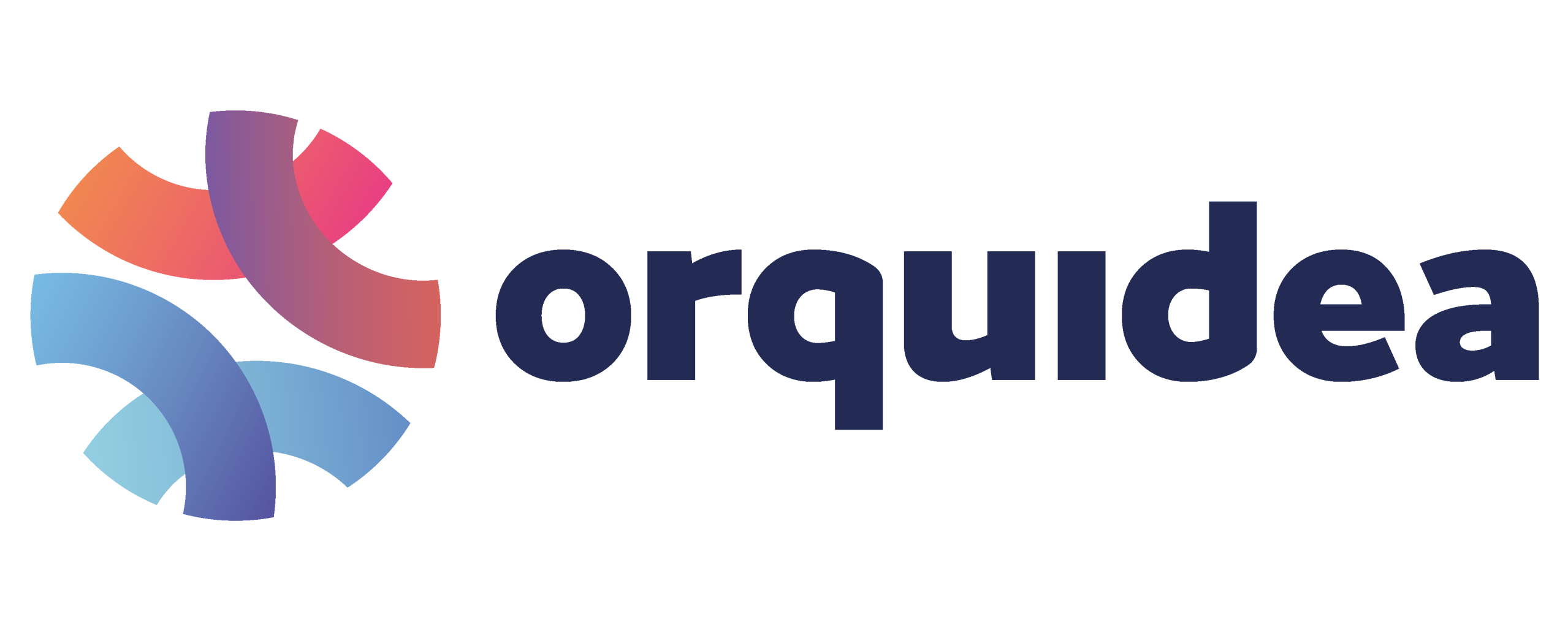Testimony and Tension: Whistleblowers in the Age of AI
In the age of artificial intelligence, whistleblowers face new forms of risk—and new forms of power. As AI systems become more opaque, influential, and embedded in daily life, insiders who speak out against unethical practices play a critical role in shaping public discourse and accountability. This article explores the motivations, consequences, and cultural significance of whistleblowers in the AI era.
1. The Rise of AI Whistleblowing
AI whistleblowers have emerged from:
- Research labs and model development teams
- Legal and compliance departments
- Creative industries affected by data scraping
- Startups and Big Tech firms deploying generative systems
They speak out against bias, opacity, copyright violations, and misuse of data.
2. Motivations for Speaking Out
Whistleblowers are driven by:
- Ethical concerns about harm to users or creators
- Disagreements over corporate practices and secrecy
- Desire to protect public interest and democratic norms
- Personal integrity and professional responsibility
Testimony becomes a form of moral resistance.
3. Key Figures and Cases
Notable whistleblowers include:
- Timnit Gebru, fired from Google after raising concerns about bias and transparency
- Ed Newton-Rex, resigned from Stability AI over copyright ethics and founded Fairly Trained
- Suchir Balaji, former OpenAI researcher who exposed copyright violations and later died under tragic circumstances
Their stories reveal the personal cost of speaking truth to power.
4. Legal and Institutional Challenges
Whistleblowers face:
- Non-disclosure agreements (NDAs) and legal threats
- Retaliation, blacklisting, and reputational damage
- Lack of clear protections in emerging tech sectors
- Difficulty proving wrongdoing in complex systems
The law often lags behind technological and ethical complexity.
5. Cultural Impact and Public Dialogue
Whistleblower testimony sparks:
- Media coverage and public debate
- Lawsuits and regulatory scrutiny
- Artistic responses and cultural critique
- Shifts in perception around AI ethics
Their voices shape how society understands and governs AI.
6. Expert Perspectives
Abeba Birhane, cognitive scientist:
“Whistleblowers are not just dissenters—they are cultural translators of harm.”
Edward Snowden, surveillance whistleblower:
“The public needs to know what’s being done in their name—and to their data.”
These views highlight whistleblowing as a civic and epistemic act.
7. The Role of Platforms and Media
Platforms influence:
- Visibility and amplification of whistleblower stories
- Framing of testimony as heroism or betrayal
- Spread of misinformation or discrediting campaigns
Media becomes a battleground for narrative control.
8. Whistleblowing as Design Feedback
Testimony can inform:
- Ethical model development
- Risk assessments and red-teaming
- Governance frameworks and transparency tools
- Cultural sensitivity in AI deployment
Whistleblowers offer critical insight into system flaws.
9. Risks of Silence
Without whistleblowers:
- Harm may go unaddressed
- Power may concentrate unchecked
- Public trust may erode
- Innovation may outpace accountability
Silence is not neutral—it’s a design choice with consequences.
10. The Road Ahead
Expect:
- Stronger legal protections and support networks
- AI-specific whistleblower frameworks and incentives
- Cultural recognition of testimony as civic duty
- New roles for whistleblowers in shaping ethical AI futures
Testimony will remain a vital force for transparency and justice.
Conclusion
In the age of AI, whistleblowers are not just informants—they are architects of accountability. Their courage reveals the hidden layers of technological power and invites society to reckon with its choices. As systems grow more complex, their voices become more essential. In the tension between silence and testimony, the future of ethical AI is being written.
